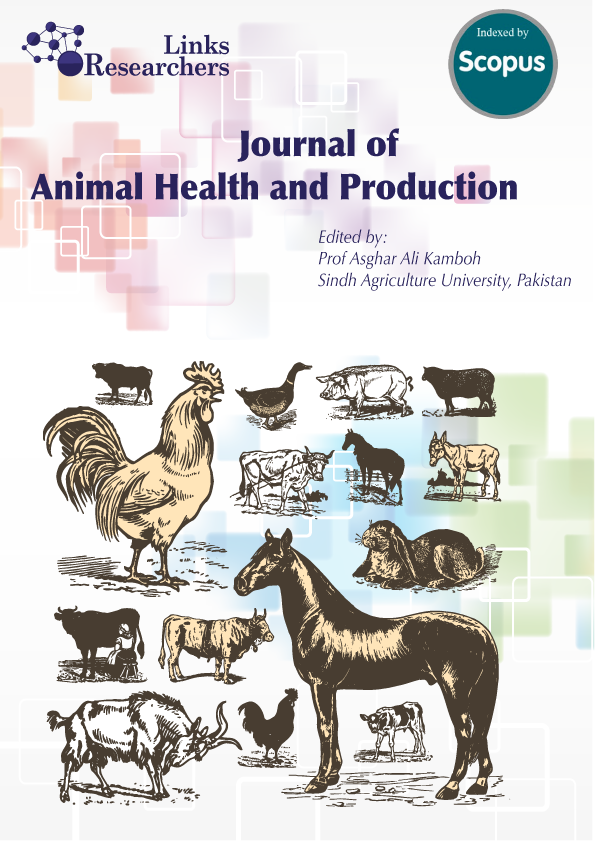Revolutionizing Infectious Disease Management in Animals Through Advanced Phage Therapy: A Comprehensive Strategy for the Eradication of Multidrug-Resistant Bacterial Pathogens
Revolutionizing Infectious Disease Management in Animals Through Advanced Phage Therapy: A Comprehensive Strategy for the Eradication of Multidrug-Resistant Bacterial Pathogens
Abdullah Khazal Mohsen1, Sura Emad Jassim2, Tania T. Alaridhi3, Amran M. Al-Erjan4, Qais R. Lahhob5*, Mustafa Mudhafar6,7
ABSTRACT
In this study, the researcher’s goal is to find out if the use of phages can eradicate E. coli infections in cattle or not. Four such farms, positive to E. coli, were randomly chosen out of the sampled feces of the calves. This is best explained by the method of oral gavage; where the phages were added to milk and then the calves fed on the mixture on a daily basis. All the calves in the study were treated with an oral decoquinate that would help prevent coccidiosis in the calves, and vaccination was also conducted against respiratory as well as gastrointestinal infections. Some of the microbiological techniques employed in counting the E. coli O157:H7 bacteria involve centrifugation and culturing and latex agglutination among others. Finally, regarding evaluation of the experiment, the phage group had 14 days less diarrhea in average than the control group. Thus, on the basis of this investigation, phage treatment has an efficacy to reduce the bacterial count of E. coli O157:H7 in stool samples. It had not been very effective, but the results were still positive enough and for Er. PDi still became a stubborn germ. Future work may extend from this work to establish the potential causes of suboptimal P. multocida clearance, methods of optimizing the dosage dose and regimen used in the therapy, the possibility of using a combination therapy involving phage therapy with other treatments. With regard to the above, this study may provide shed light on the possible application of phage treatment in agricultural context and how the presented method may help to combat bacterial resistance.
To share on other social networks, click on any share button. What are these?





